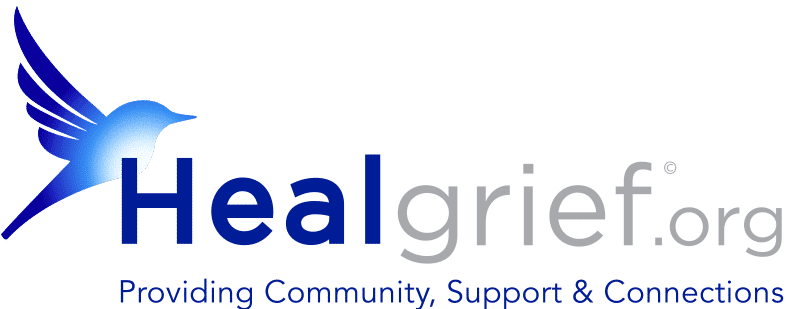“I don’t understand why I’m so sad—I have so many good things to be focusing on with school and friends and stuff. I don’t spend a lot of time thinking about Dad anymore—I don’t have time to,” I told my mom, sitting beside her on the couch when she was visiting me at school for the weekend. The fourth anniversary of my dad’s passing had occurred about a month earlier, but I thought I had already moved past the emotions of that time of year.
My mom paused for a moment, and then said to me, “Andrea, maybe he wants you to spend more time thinking about him. He still wants to be in your life.”
I was surprised; I had thought that in order to move forward, I needed to move on. I had thought I needed to fill the hole in my life with other good replacements—none of which ever fit quite right. A few weeks later, I was searching the internet for meaningful grief-related quotes to share at my campus chapter’s final AMF meeting of the year. One of the first ones I found shared Mitch Albom’s words that “death ends a life, not a relationship.” I kept reflecting on his words and my mom’s words, and I began to think about what my attitude toward my grief journey had become.
It was at our final peer support group meeting of the year, as we took a few minutes to write letters to our loved ones, that it became clear to me: I had been trying to convince myself that my grief journey was a path that I had already traveled. I wrote to my dad about how I regretted getting so caught up in moving forward that I forgot to bring him along with me. As I kept writing, I realized that my grief journey is not something that’s intended to end. I hadn’t realized that I had been looking for a destination, a point where I would be “over” the loss of my dad.
Since that meeting, I have continued reflecting and taking new steps on my grief journey. I understand now that feeling pain at big life changes, or little day-to-day moments, because he’s not here with me the way I thought he would be is not something to be feared or something that I face alone. Instead, these are opportunities to remember my dad and invite him into my life in new ways, by sharing memories of him with others or doing something small to honor him. He’s still my dad, and he can still be a part of my life, even as I move forward.
A. Whittier, AMF at Utah State Chapter Leader

